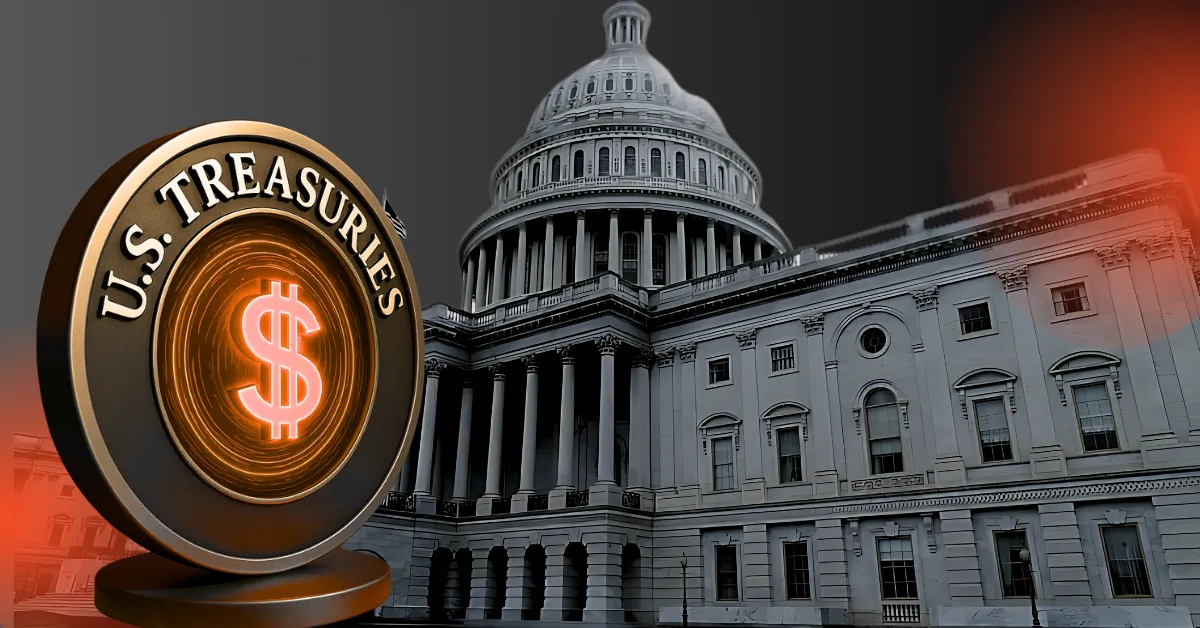
Scott Bessent says regulated U.S. stablecoins could drive $2 trillion in demand for Treasuries and strengthen the dollar globally
A new Senate-backed stablecoin bill under the GENIUS Act aims to enforce full asset backing and strict AML rules for digital currencies
In a recent interview, the U.S. Treasury official Scott Bessent made headlines with his strong support for digital assets and stablecoins. Bessent, now the CEO of Key Square Group, believes that U.S.-backed stablecoins could create a massive $2 trillion demand for U.S. Treasuries, a move that could reshape global finance and strengthen the U.S. dollar’s dominance.
“We are going big on digital assets,” Bessent said. He explained that the current U.S. administration is focused on creating clear rules for digital assets and encouraging companies to stay and build in the country. This is a big shift from past policies, which Bessent says drove many crypto businesses overseas.
Stablecoins Could Become Top Buyers of U.S. Treasuries
According to Bessent, bringing strong U.S. regulations and anti-money laundering (AML) standards to stablecoins is a top priority. He also mentioned market estimates suggesting that stablecoin issuers could soon hold around $2 trillion in U.S. Treasuries and T-bills — a huge jump from the current $300 billion.
This prediction lines up with a recent comment from Senator Bill Hagerty, who shared a Citibank report forecasting that by 2030, stablecoin issuers could become the biggest buyers of U.S. Treasuries, even ahead of major foreign countries like China. This view is also shared by other top financial leaders, including BlackRock CEO Larry Fink, who has called tokenization the future of finance.
A new U.S. stablecoin bill is on track to pass the Senate, marking a step toward establishing formal regulations for the crypto industry. The legislation, part of the GENIUS Act, would require stablecoins to be fully backed by safe, liquid assets such as Treasury bills and enforce strict anti-money laundering and anti-terror financing rules.
In the event of a collapse, stablecoin holders would have priority in recovering their funds. Experts say the bill brings long-needed structure, transparency, and investor protection, positioning stablecoins as credible, regulated digital equivalents of national currencies rather than speculative crypto assets.
Never Miss a Beat in the Crypto World!
Stay ahead with breaking news, expert analysis, and real-time updates on the latest trends in Bitcoin, altcoins, DeFi, NFTs, and more.
FAQs
Yes, experts say stablecoin issuers may surpass China in Treasury holdings by 2030.
It’s a bill requiring stablecoins to be fully backed and comply with strict AML and safety rules.
Clear rules may boost trust, retain crypto firms in the U.S., and drive institutional growth.








